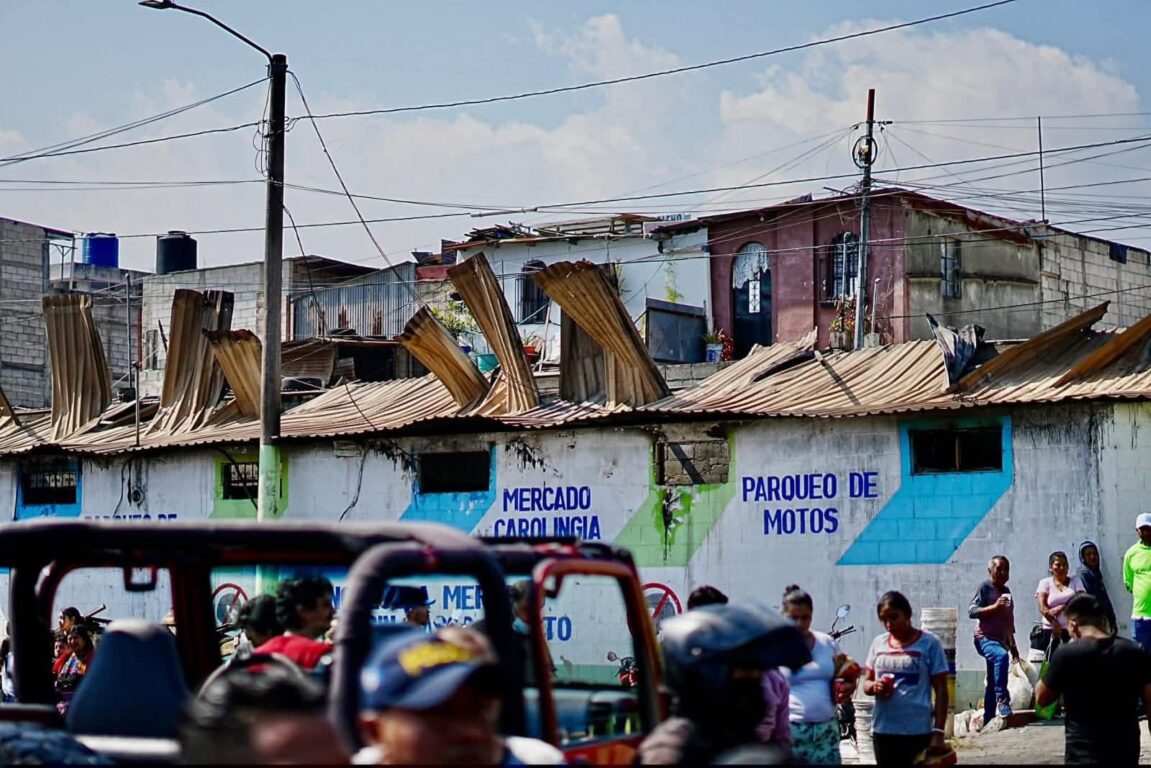
Above: Vendors at traffic lights and on the streets working hard to earn their daily living
International Workers’ Day, the First of May, is a celebration of the Global Workers’ Movement. For other work sectors, it is a day for the struggle for rights which have yet to be obtained eg street vendors or self-employed workers live and work under precarious conditions.
In Nicaragua, while thousands of workers in state and private industry celebrate the first of May as a holiday, there are workers who work on this day because they view the celebrations as an opportunity to sell a wide variety of products.
These workers are called street vendors, a term which signifies workers who move from one place to another without necessarily working at a fixed place. The majority of the trade of street vendors is carried out by a single person. Some sell from covered stalls, others sell in the open air, some seated next to a basket or blanket where they display their merchandise. Thousands of poor people cannot afford the luxury of buying goods in shops, and acquire goods at the low prices offered by street vendors.
EVERY WORKING DAY IS A DAY OF STRUGGLE FOR INFORMAL WORKERS

Pictured above left is a Hawker and on the right is Street Vendor who form part of the informal sector
To work as street vendors is the only alternative for thousands of people in the world to whom neither the State nor private enterprise offers work opportunities, a result of neoliberal policies imposed on countries like Nicaragua by the international financiers such as the IMF and the World Bank.
The life of a street vendor is a relentless struggle. The majority have to battle on the streets even on rest days to survive. For these workers there is not much to celebrate on the first of May.
The greatest attainment of this heroic deed in Chicago, United States, was the eight hour working day. Street traders in general exceed 10 hours, subjected to the inclemency of the weather.
The informal worker is invisible to some, but plays and important role as a distribution channel, even for large companies.
During this time when self-employed citizens are surpassing those employed in the traditional sector, they are also demanding respect for their human and working rights.
If street vendors are asked “what do you require to overcome your problems?”, the answers received would be the following:
- Access to credit
- Access to education for their children
- Access to health care
- Access to social security
- Permission to work without persecution from the authorities and not to be removed from public areas where they have found the only alternative honourable occupation in which they can earn a living.
These, amongst others, are the demands of self-employed workers in Nicaragua and in the world. Self-employed workers are the majority in the cities and in the rural areas, they produce a major portion of wealth and employment. Only by acting in a united and organised form in a common front can they achieve recognition of their human and labour rights, and achieve decent lives and work. Only then will they fully celebrate the first of May.
For more information:
Contact
Monica Garzaro Scott, StreetNet Organiser
Email: garzaroscott@gmail.com
Sharon Pillay, Publicity and Media officer
Email: sharonpillay4@yahoo.com


